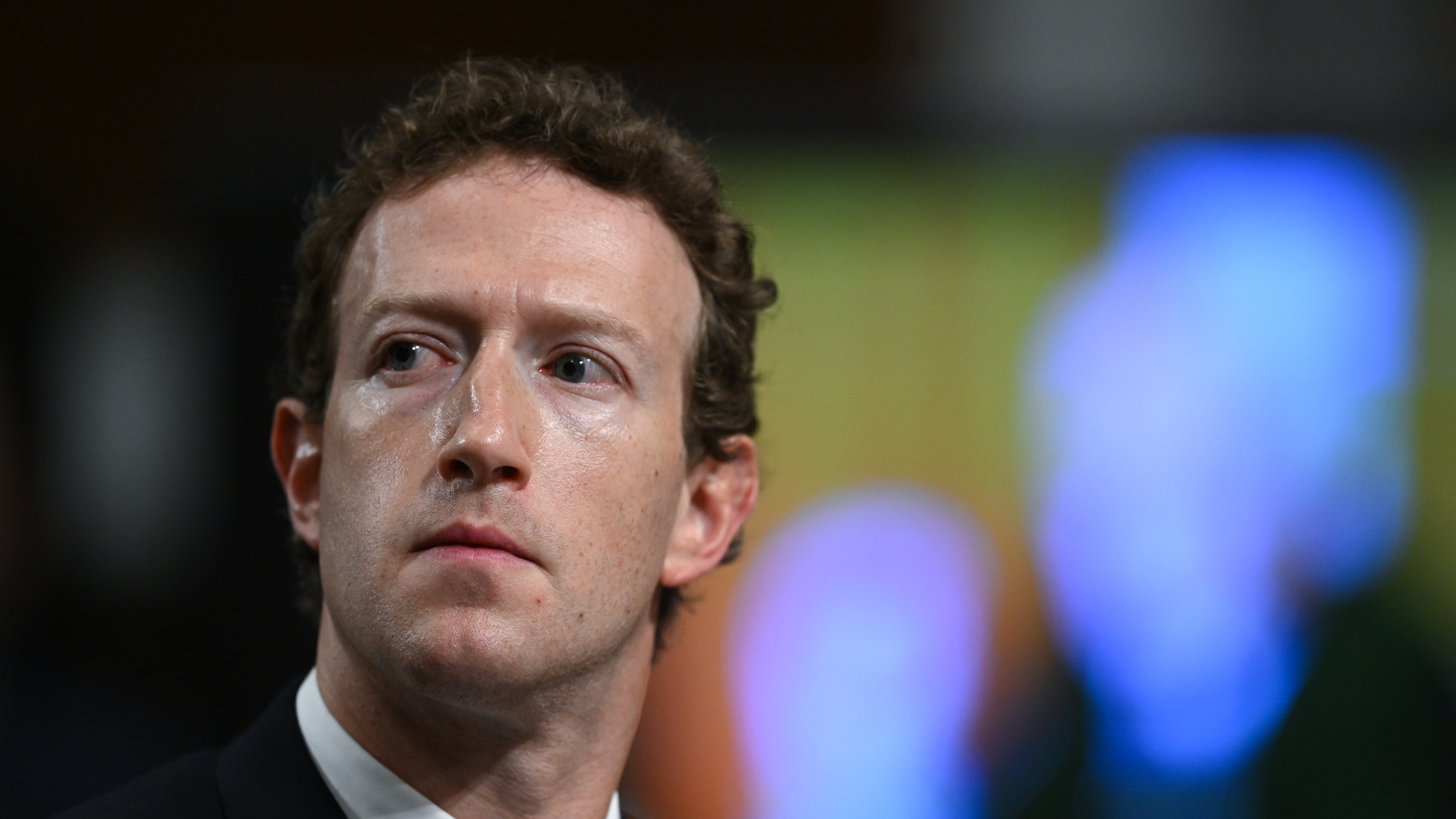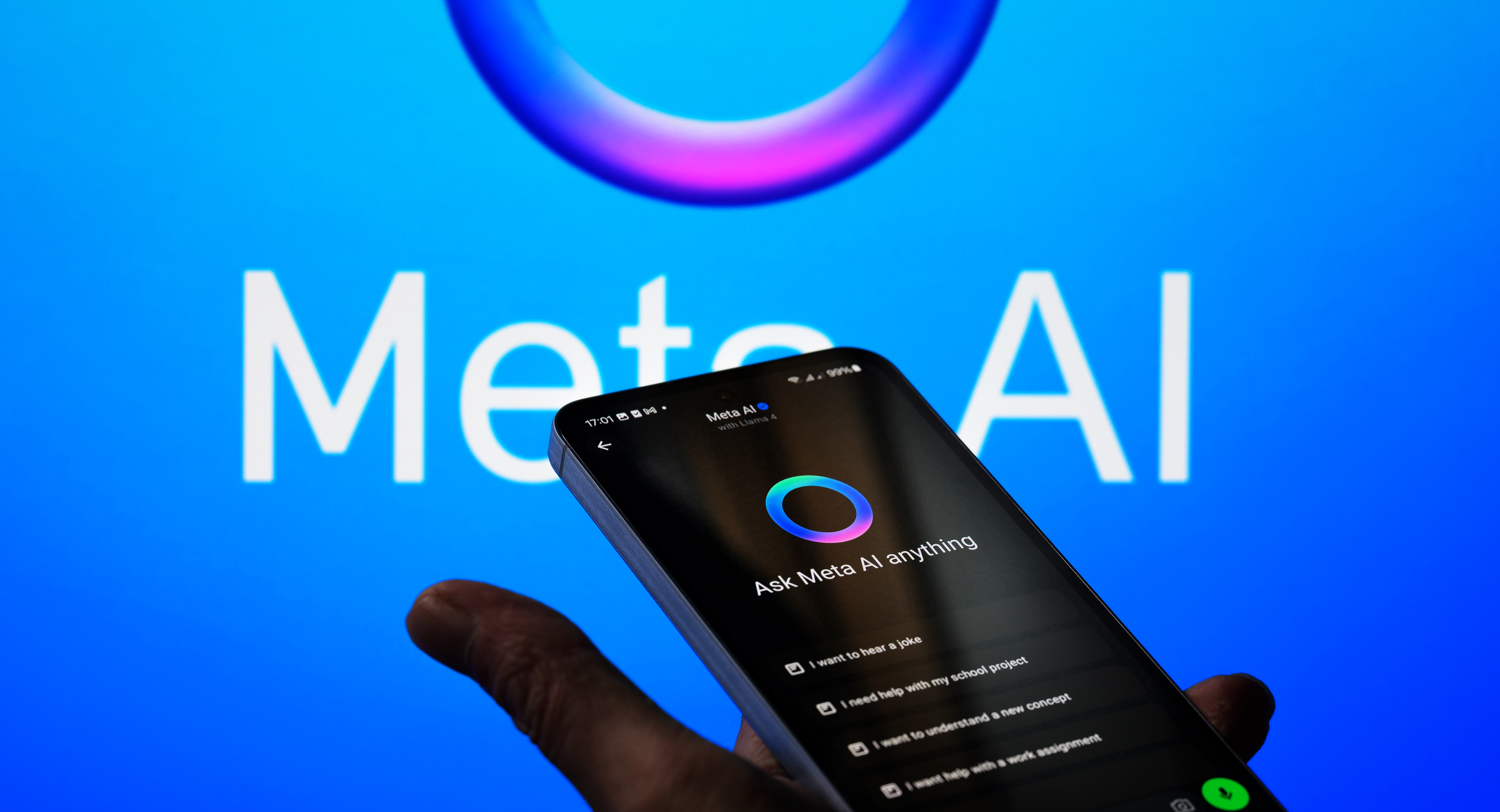Mark Zuckerberg’s strategy: Can Meta hold on to AI talent after major departures?
Meta's ambitious foray into generative AI faces unexpected turmoil as high-profile talent exits shortly after recruitment, raising concerns over long-term retention.

All the latest news, reviews, and guides for Windows and Xbox diehards.
You are now subscribed
Your newsletter sign-up was successful
Over the past few months, Meta has doubled down its efforts on the generative AI space. Shortly after, CEO Mark Zuckerberg announced Meta Superintelligence Labs (MSL) to compete with rivals like OpenAI, Google, and Microsoft.
The Facebook maker has been making bold moves, including making a $14.3 billion acquisition of Scale AI, which specializes in data labeling, model evaluation, and software development of apps for AI. The company even hired Scale AI's CEO, Alexandr Wang, to lead its AI operations.
In June, OpenAI CEO Sam Altman claimed that Meta was poaching the firm's staffers with crazy signing bonuses of up to $100 million. The company's new AI division predominantly consists of former staff members from OpenAI and Anthropic.
They (Meta) started making giant offers to a lot of people on our team. You know, like $100 million signing bonuses, more than that (in) compensation per year. At least, so far, none of our best people have decided to take them up on that.
OpenAI CEO, Sam Altman
While Meta has been throwing money around striving to get the top AI talent onboard its ship, there seems to be trouble brewing. The company is seemingly having a hard time keeping its relatively new employees, with several members jumping ship less than a month after joining.
Fast-forward a couple of months, and Zuckerberg may have recruited the talent, but now the question is whether he’ll be able to keep it from slipping through his fingers.
Meta Superintelligence Labs consists of a smaller team of AI researchers called TBD Lab, which is in place to achieve superintelligence. For context, superintelligence is a type of AI system that surpasses humans in overall intelligence.
Speaking to The Verge, Meta spokesperson Dave Arnold revealed that Ethan Knight recently departed from the company's new AI division, just a month after joining the team.
All the latest news, reviews, and guides for Windows and Xbox diehards.
Avi Verma and Rishabh Agarwal have also reportedly departed from Meta's AI division, though they technically never started in the roles. More broadly, Rohan Varma and Meta’s director of product management for generative AI Chaya Nayak left the Facebook maker's Superintelligence Lab for OpenAI.
However, industry experts say the AI space is more than just money, especially in a thriving industry that promises job security and lucrative salaries. As such, some AI engineers and researchers have turned down Meta's eye-watering offers, specifically because of TBD Lab's high visibility.
Meta's restructure and hiring freeze
Most talent in the AI space are more inclined to join companies that align with their core values, including AI safety and the technology's broader impact on society.
This news comes after Meta released memos highlighting a hiring freeze and the restructure of its AI division. However, the company indicated that this was a follow-up to its recent hiring processes. The restructure involves a change in strategy with a key focus on the following priorities: research, product, and infrastructure.
The core priorities will be split among four teams, including TBD Lab, which will focus in training and scaling large models to achieve superintelligence. Then, Meta’s Fundamental AI Research lab will help integrate and scale many of the company's research ideas and projects.
On the other hand, Meta's Products & Applied Research team will focus on transitioning the company's product-focused research efforts closer to product development. It will also include staffers who previously work on the company's Assistant, Voice, Media, Trust, Embodiment and Developer pillars in AI Tech.
The tech company's MSL Infra team will focus on bolstering AI research efforts and production by building advanced infrastructure, optimizing GPU clusters, data infrastructure and developer tools to support research.
More recently, Microsoft seemingly borrowed a page from Meta's playbook, poaching most-wanted AI talent from the company with multimillion-dollar offers.
Microsoft reportedly has a spreadsheet, including the name, location, and position of its most-wanted employees from Meta. Microsoft is seemingly more focused on poaching talent from Meta's Reality Labs, GenAI Infrastructure, and Research divisions.

Kevin Okemwa is a seasoned tech journalist based in Nairobi, Kenya with lots of experience covering the latest trends and developments in the industry at Windows Central. With a passion for innovation and a keen eye for detail, he has written for leading publications such as OnMSFT, MakeUseOf, and Windows Report, providing insightful analysis and breaking news on everything revolving around the Microsoft ecosystem. While AFK and not busy following the ever-emerging trends in tech, you can find him exploring the world or listening to music.
You must confirm your public display name before commenting
Please logout and then login again, you will then be prompted to enter your display name.

